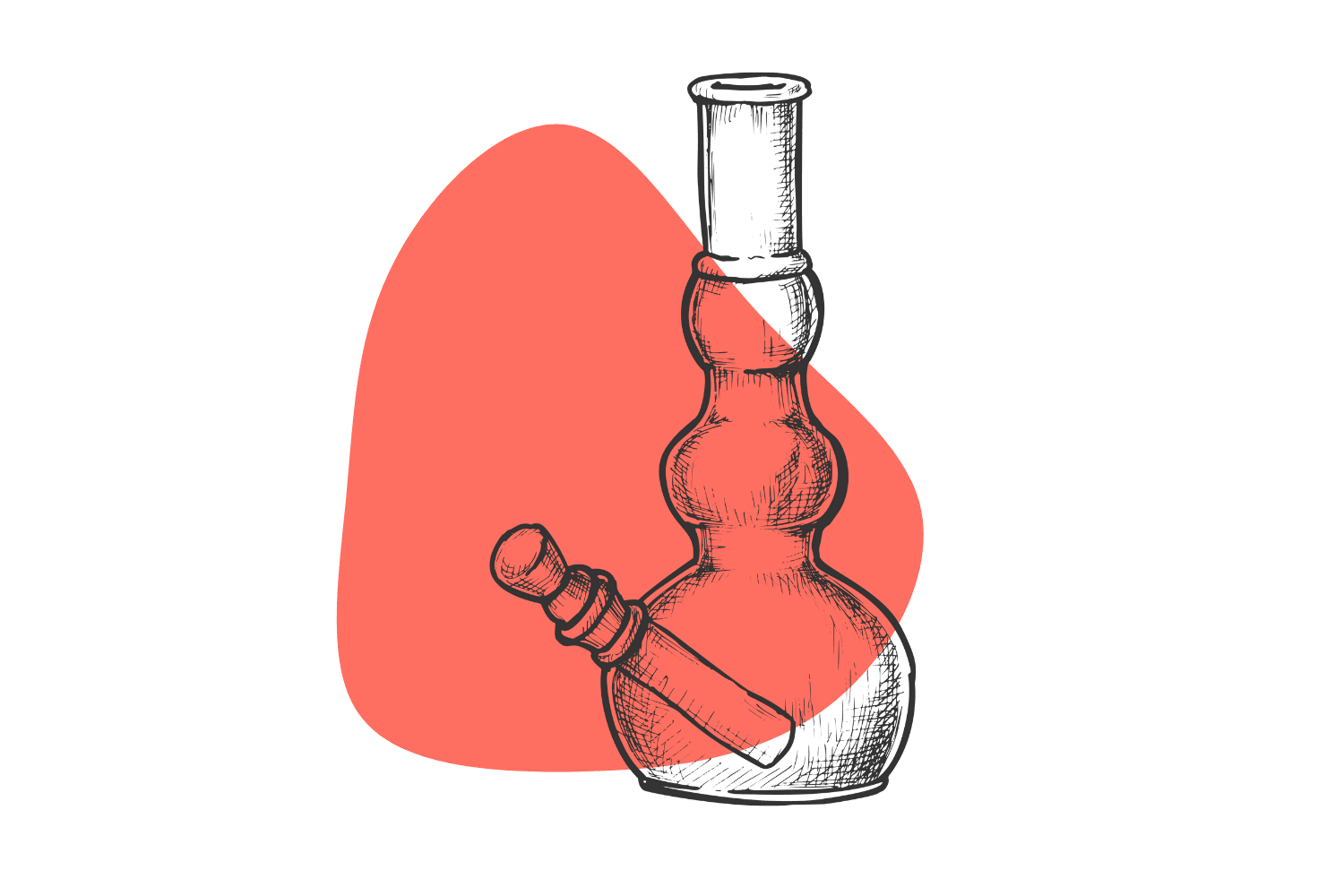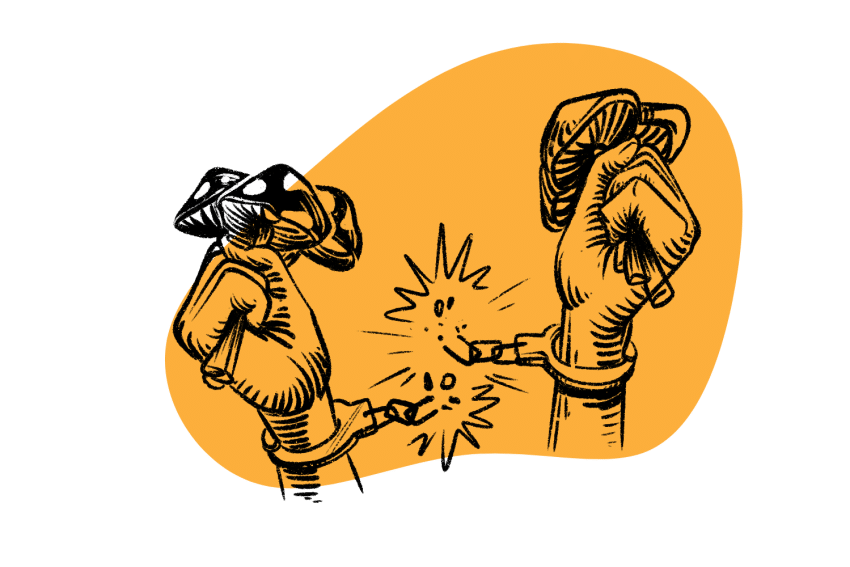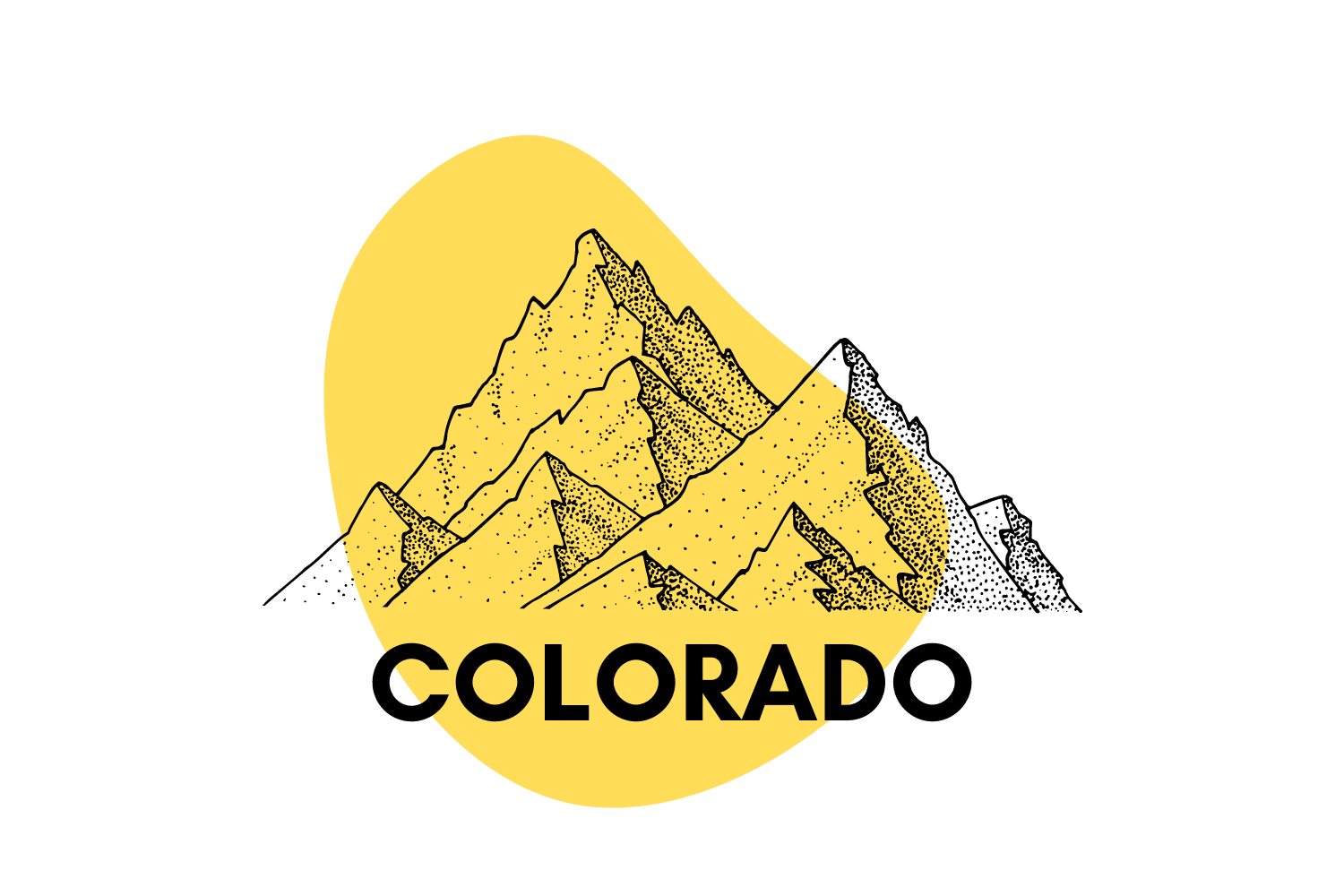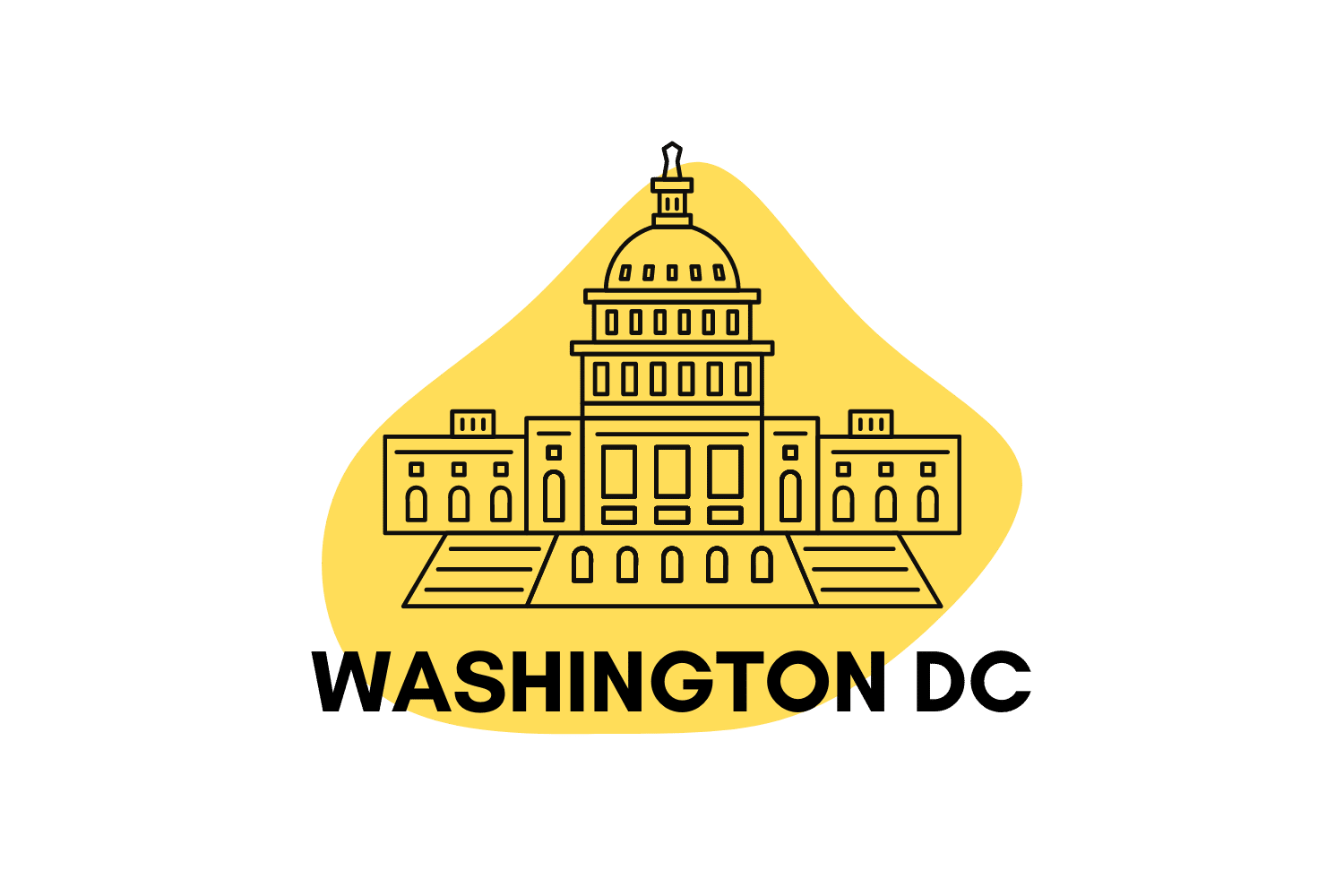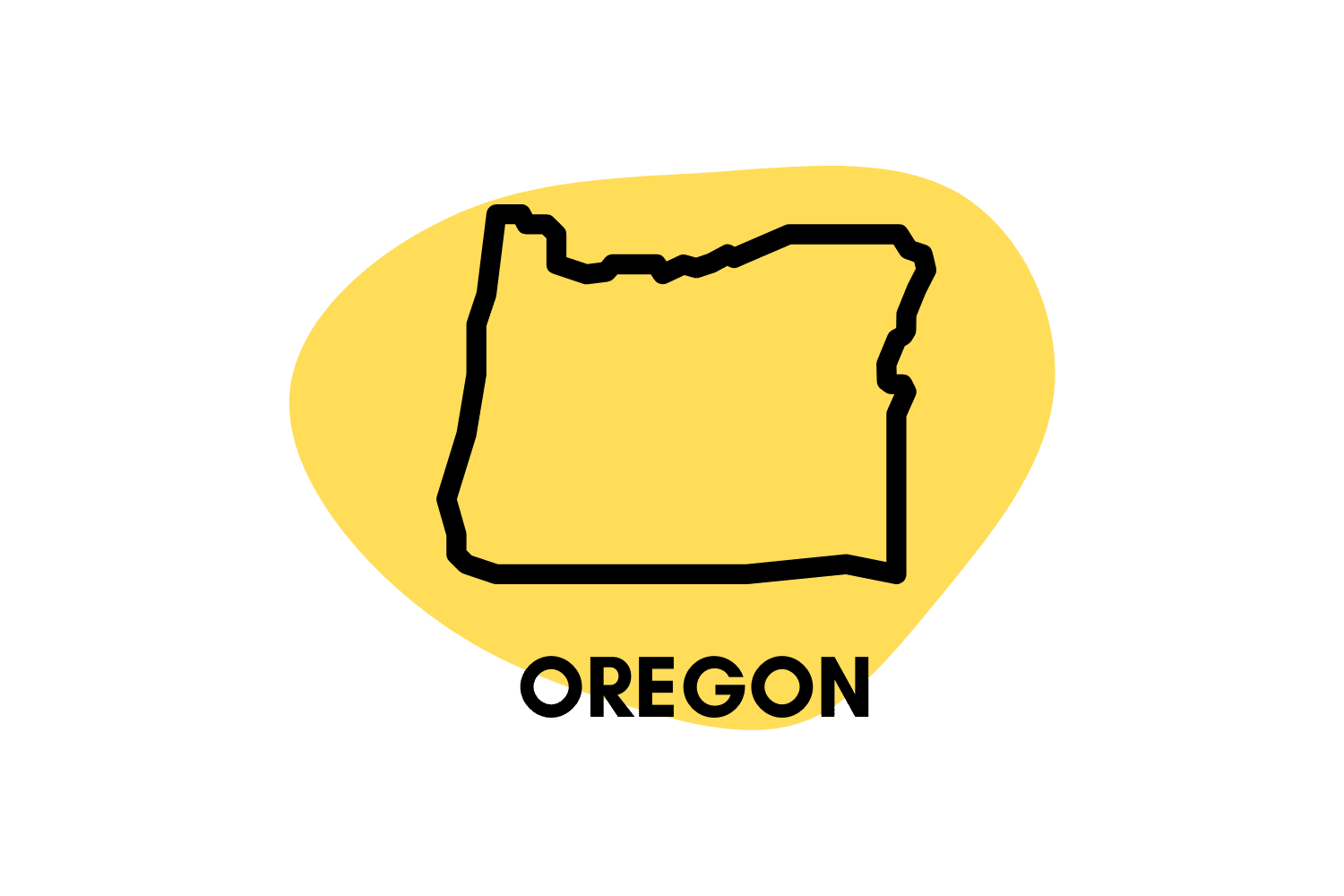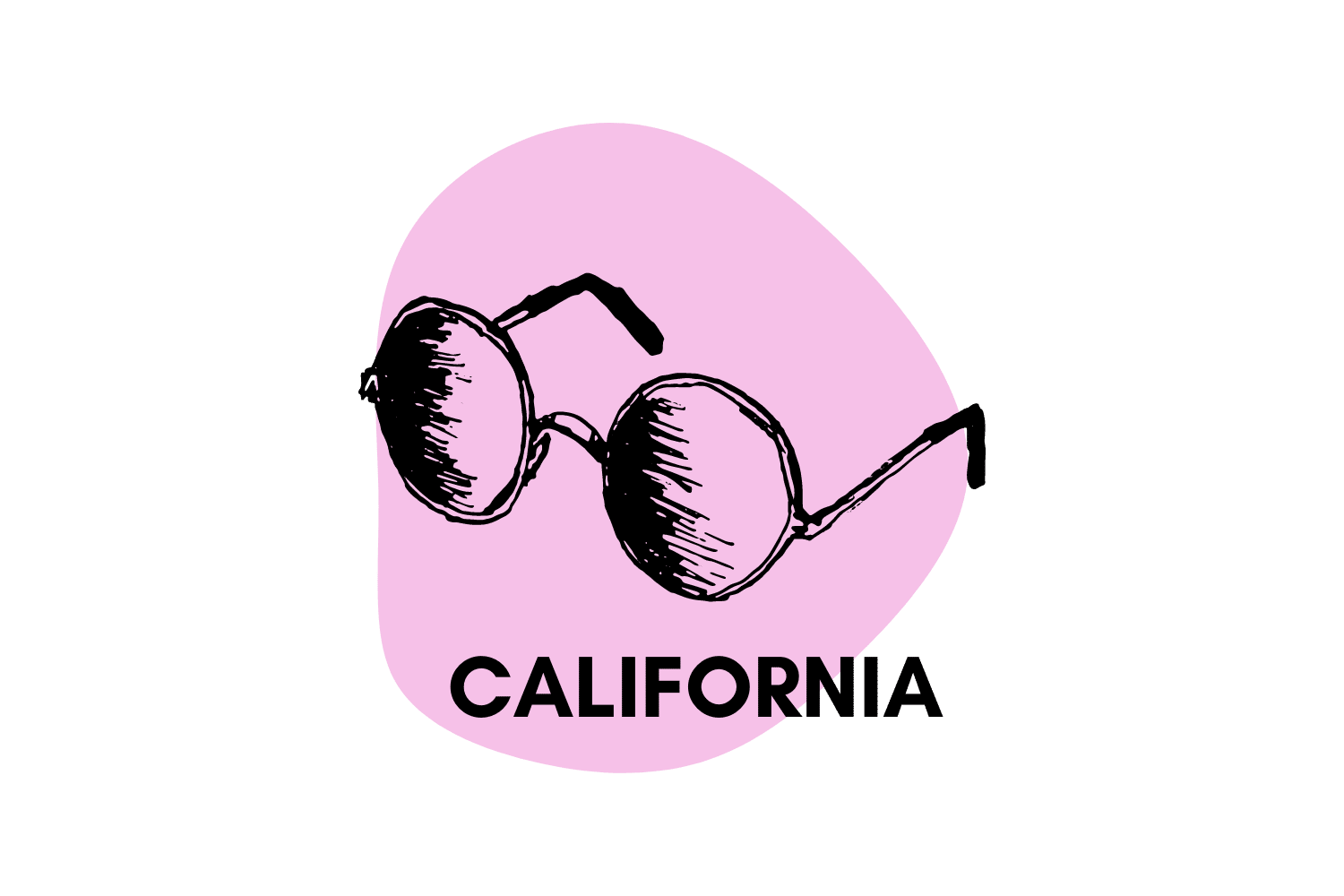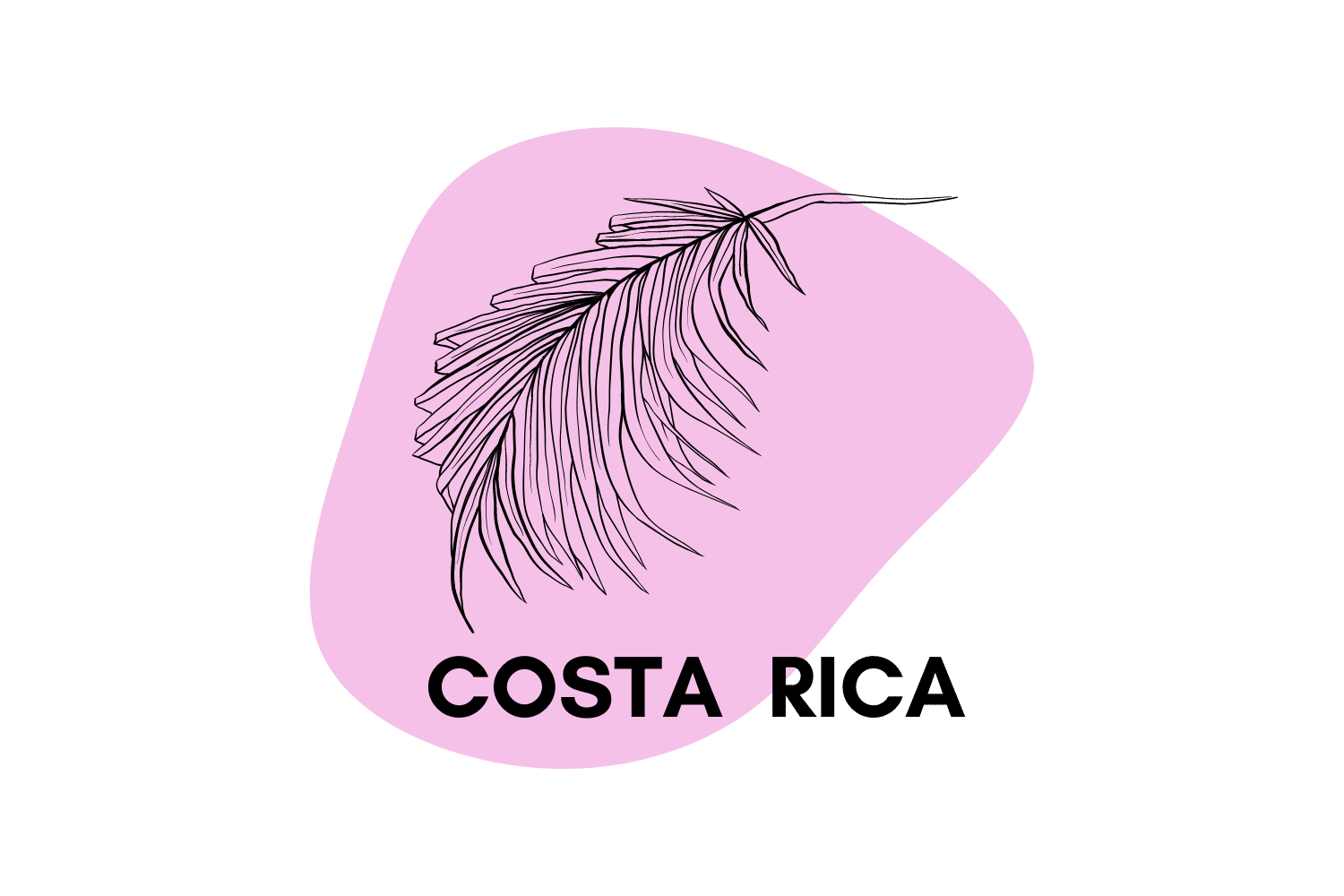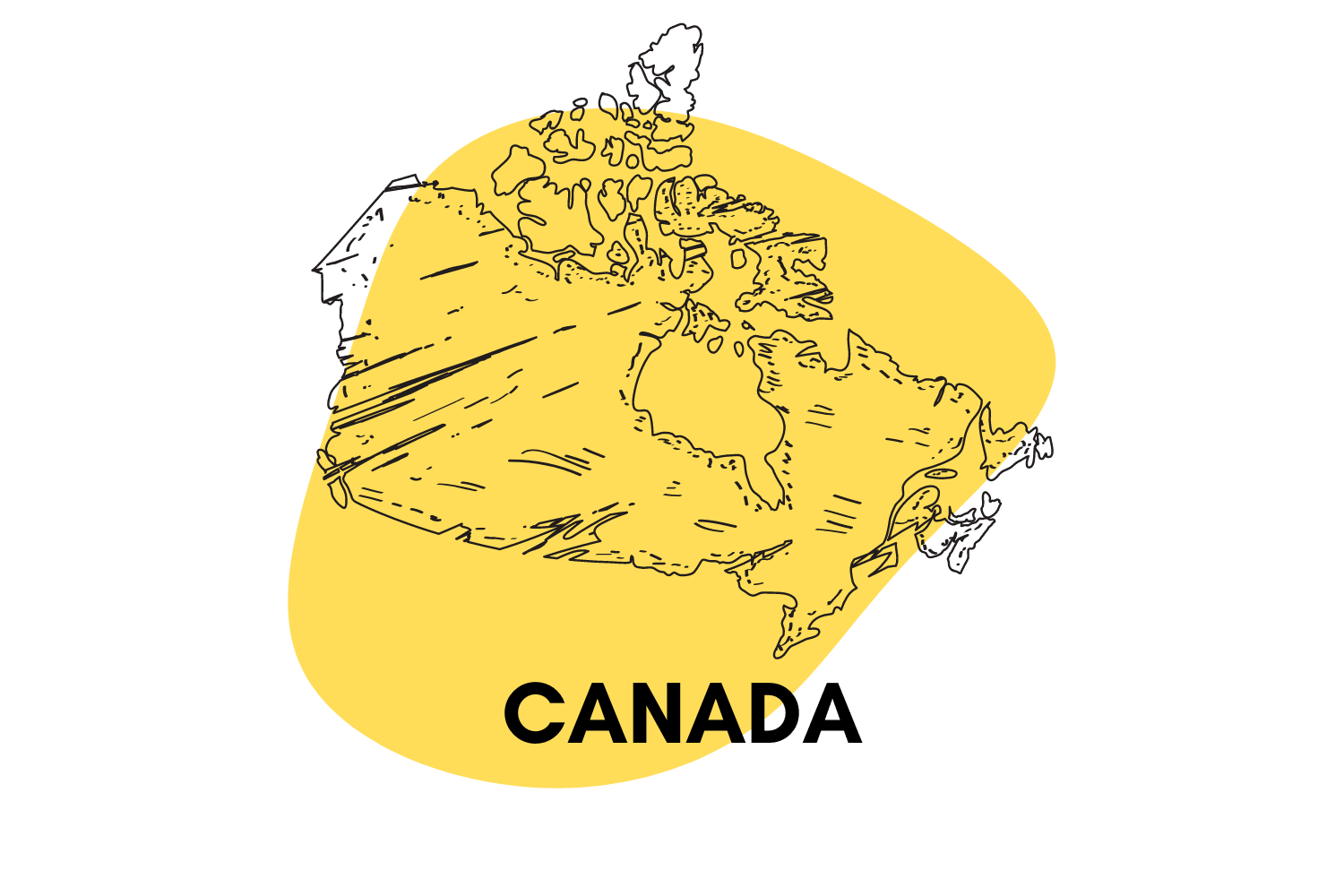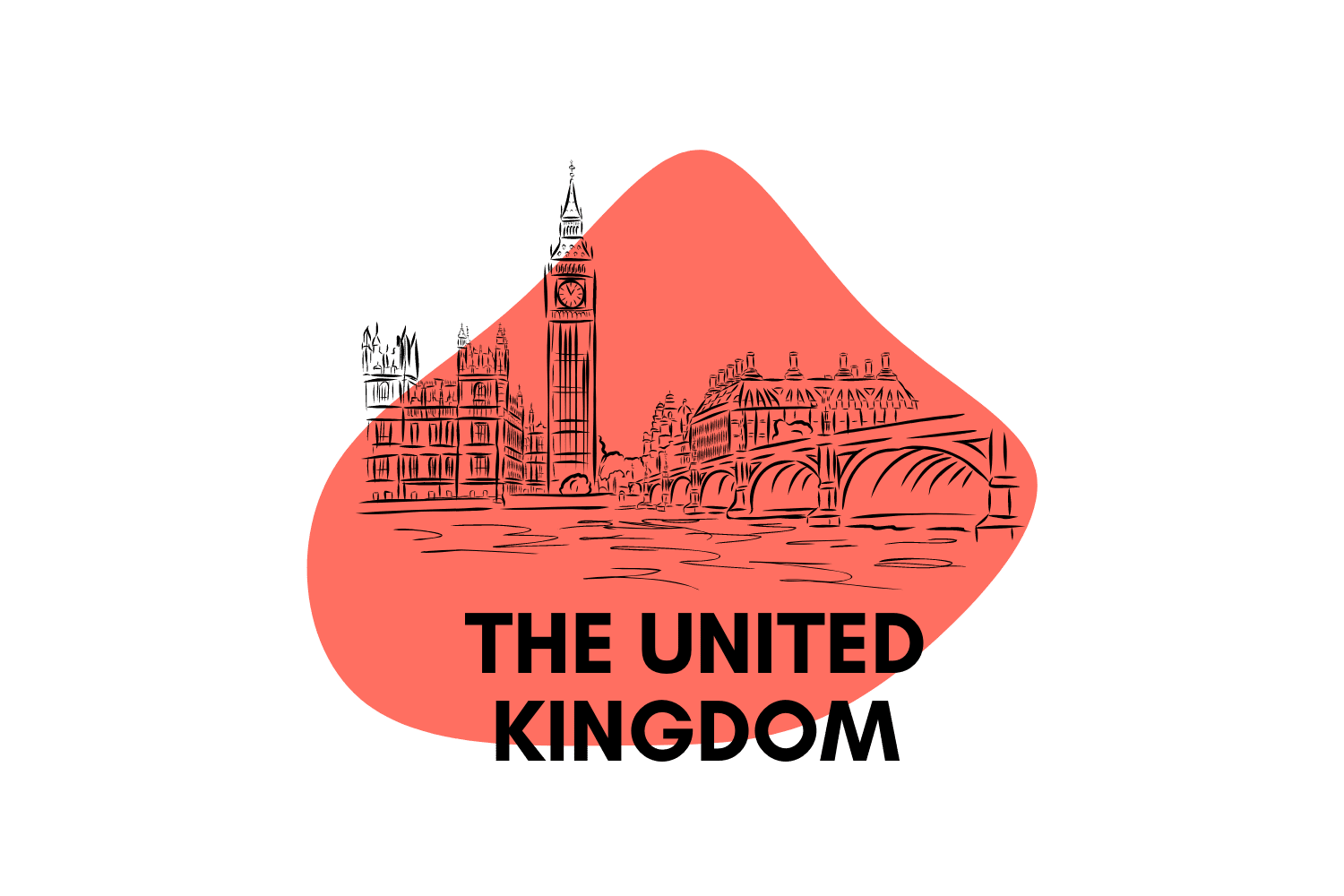Decriminalize Nature: Peyote, Possession Limits, & Antisemitic Rhetoric
Decriminalize Nature, the flagship of drug reform advocacy groups, tries to stay focused amid conflict with local chapters and the co-founder’s anti-semantic slant.
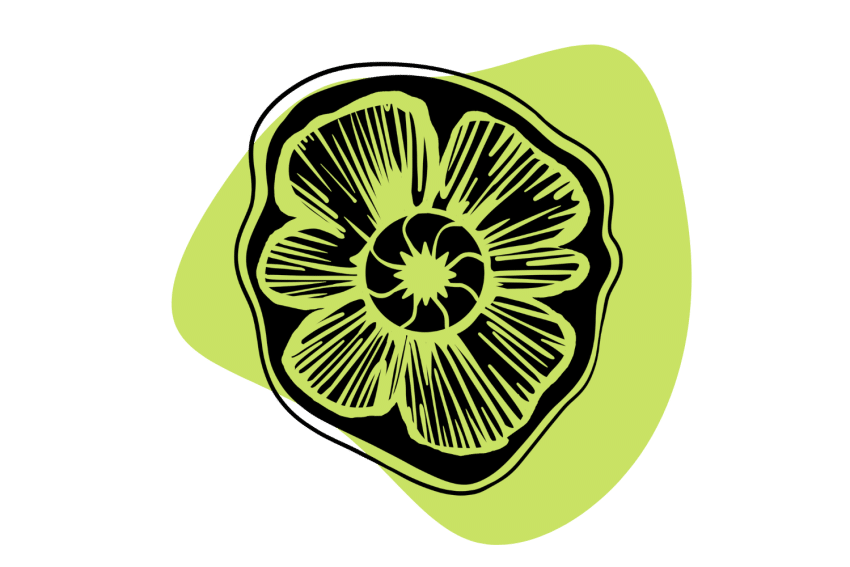
Since its inception, the national progressive drug policy advocacy group Decriminalize Nature (DN) has developed the most significant footprint in the industry. It grew from a meeting in Oakland, CA, in late 2018 of members of two local psychedelics advocacy groups: the Sacred Garden Community (SGC) of Oakland and the Entheogenic Research Integration and Education (ERIE). It was originally called Decriminalize Nature Oakland.
The burgeoning group of advocates whose original intent was to decriminalize naturally-occurring psychedelics in Oakland quickly committed to the bigger picture and formalized as the national organization Decriminalize Nature in May 2019.
Recently, Decriminalize Nature has come under fire for its national position on decriminalizing peyote. Contrary to the national organization’s position, indigenous religious communities — and some local chapters of DN — believe it should be excluded from all efforts to legalize or decriminalize psychedelics.
There is also some disagreement among the ranks about whether or not possession limits should be included in drug policy reform legislation.
The organization is also taking some heat because of antisemitic remarks made by one of its co-founders.
In this article, we will examine these issues and take a look at Decriminalize Nature’s impressive track record of successful decriminalization bids across the country.
Advocates Say It’s Time to “End the War on Entheogens”
The United States “war on drugs” officially began on October 27, 1970, with the passing of the federal Comprehensive Drug Abuse Prevention and Control Act, commonly called the Controlled Substance Act (CSA).
The CSA made marijuana, LSD, peyote, psilocybin (“magic mushrooms”), and other psychedelic compounds Schedule One Drugs. According to the federal government, Schedule I drugs are illegal to possess or use for any purpose, including scientific research.
In the original legislation created by Decriminalize Nature Oakland — which is the model used by Decriminalize Nature chapters all over the country — all naturally-occurring psychedelics were decriminalized, including:
1. Psilocybin & Magic Mushrooms
Psilocybin is the psychoactive compound in “magic mushrooms.” It occurs naturally in over 200 species of molds, yeast, mushrooms, and toadstools. Mushrooms containing psilocybin have been used for hundreds of years by indigenous societies worldwide for religious, spiritual, and recreational purposes.
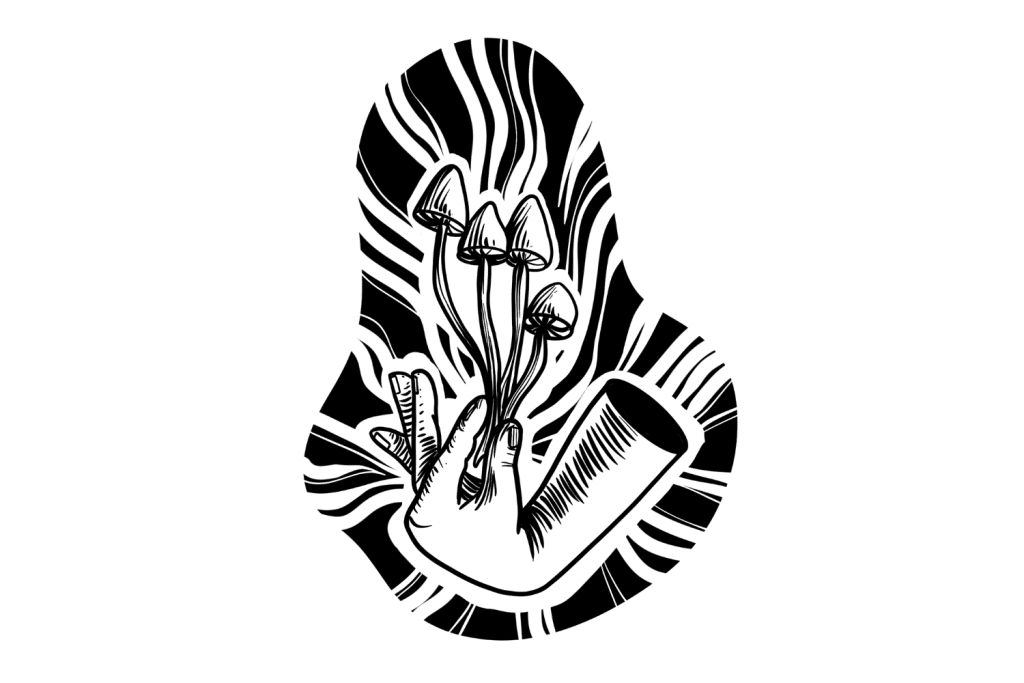
Studies by Johns Hopkins University, one of the country’s premier medical research facilities, show that psilocybin plus a therapeutic regimen can relieve treatment-resistant depression and anxiety [1].
2. Ibogaine
Ibogaine is a psychedelic compound found in Tabernanthe iboga, a Western African shrub.
Studies by academics and scientists indicate that using ibogaine to treat patients struggling with heroin and cocaine addiction showed significant promise [2].
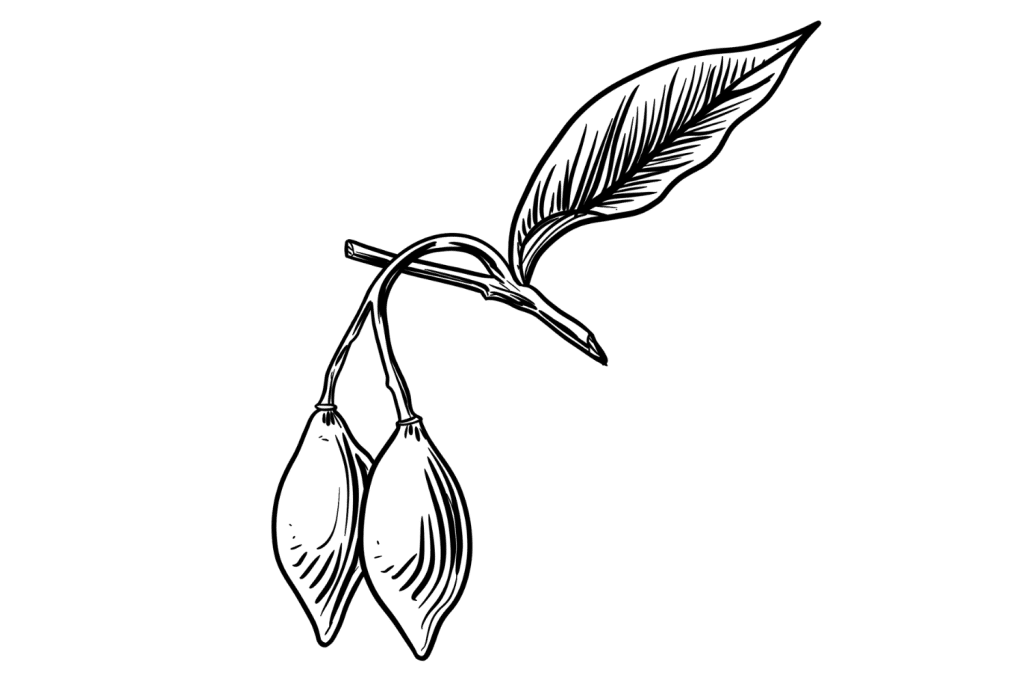
3. Ayahuasca
Ayahuasca is a brew made primarily from the leaves of the Psychotria Viridis shrub, a perennial, flowering shrub in the coffee family, and the stalks of the Amazonian vine Banisteriopsis caapi.
The shrub contains the psychoactive ingredient DMT (dimethyltryptamine). The vine contains chemicals that prevent the body from breaking down the DMT, allowing it to take effect.
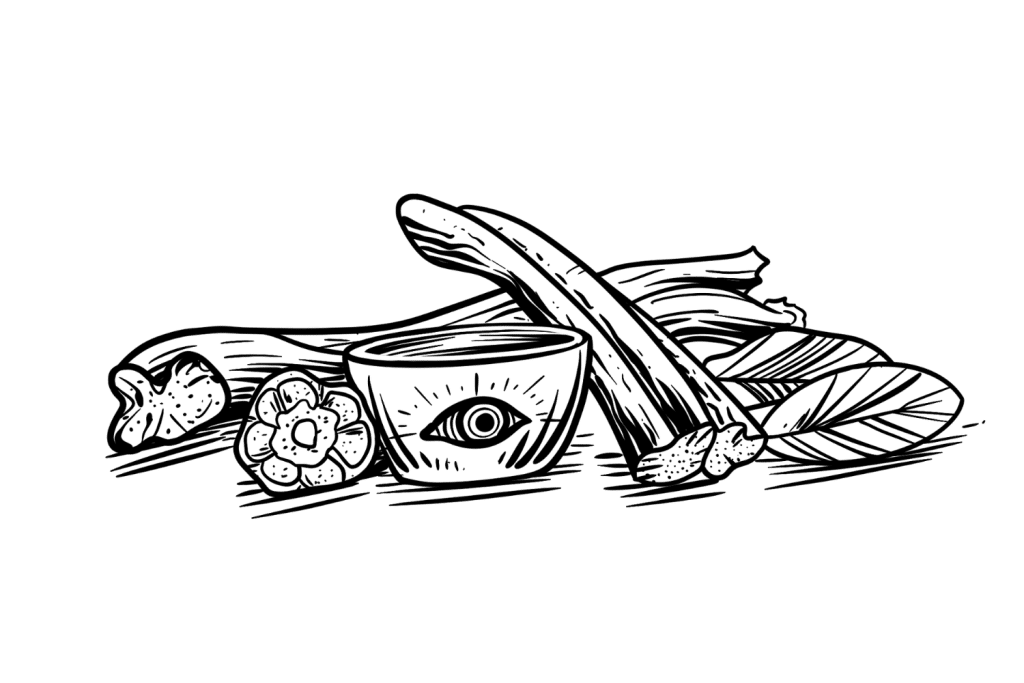
Recent studies have shown that ayahuasca can be beneficial in treating PTSD, reducing stress and depression, and combating addiction [3].
4. San Pedro & Peyote Cactus
Mescaline is a psychedelic compound that occurs naturally in a family of cacti plants native to the southwest United States, Mexico, and South America. These include the peyote cacti, the San Pedro cacti, and the Peruvian Torch cacti.
The peyote cactus contains the highest concentration of mescaline [4]. Mescaline is used primarily as a recreational drug but has also been used to augment meditation and psychedelic therapy.
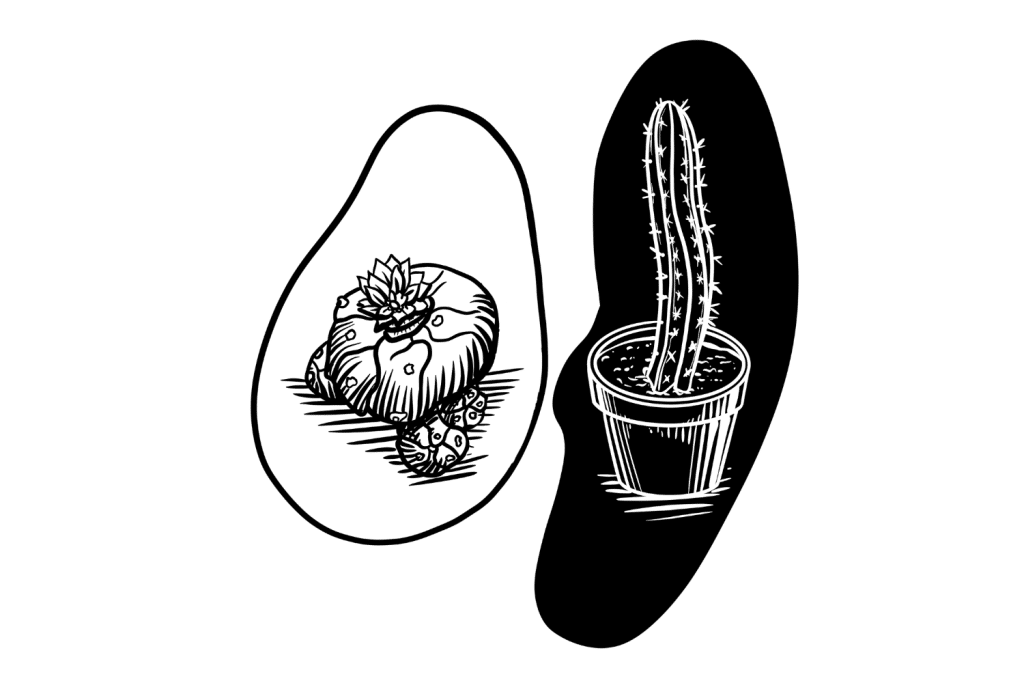
Mescaline-containing plants are classified as a Schedule I drug in the U.S. However, the Native American Church has permission from the feds to use it in their religious ceremonies.
This particular item has become a point of contention in recent months and is no longer included in current models (more on that later).
Psychedelic Medicine Medical Research Takes a Direct Hit
The immediate effect of the CSA was that all medical research involving psychedelic compounds was negatively impacted. After a mushrooming (pun intended) period of scientific research and counterculture exploration in the1950s and ‘60s, clinicians and researchers found it increasingly challenging to obtain substances and permission for psychedelic medical studies.
Throughout the 1970s and ‘80s, the CSA severely impeded psychedelic research, despite evidence of the therapeutic potential of the compounds.
Psychedelics For Medical Use Comes of Age
In the 1950s, psilocybin, the naturally-occurring psychedelic compound in “magic mushrooms,” was often used for treating mood disorders and alcohol dependence. Magic mushrooms and other plants containing naturally occurring psychedelic compounds — entheogenic plants — showed great promise as therapeutic tools before the CSA restrictions made psychedelic research programs virtually impossible.
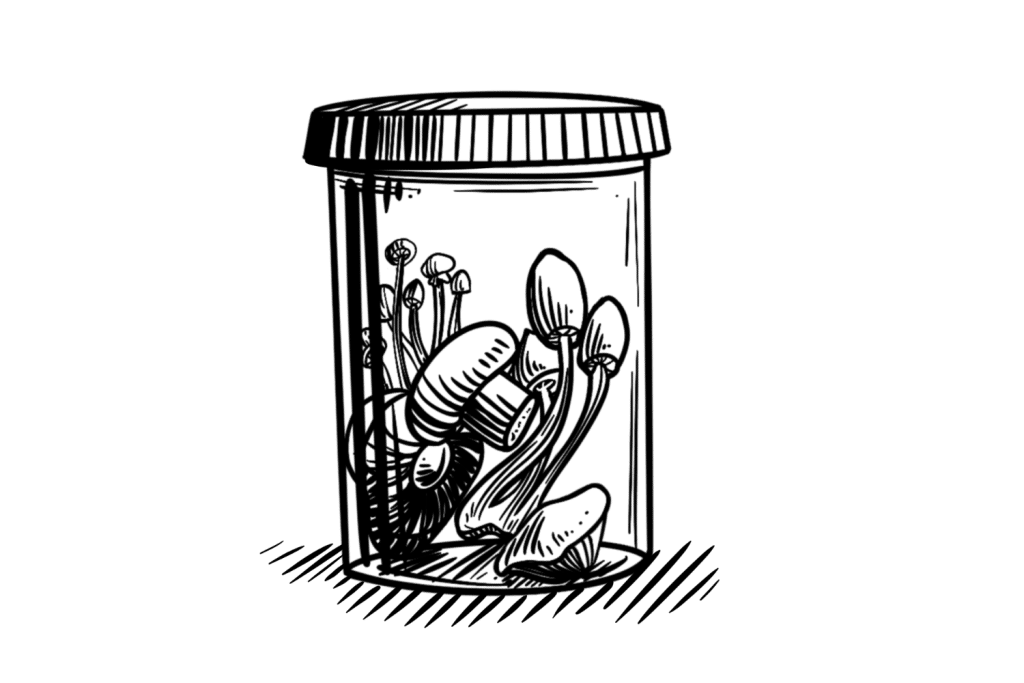
However, decades of tenacious advocacy and education have brought about a renewed interest in psychedelics as medicine. This renewed interest has created a swell of grassroots organizations dedicated to the proposition that all entheogenic plants should be made available for therapeutic use.
Decriminalize Nature the Result of a “Heroic Dose” of Magic Mushrooms
Decriminalize Nature, arguably the most effective of the grassroots psychedelic advocacy groups, grew out of a “heroic dose” of magic mushrooms.
In October 2018, Carlos Plazola, co-founder of Decriminalize Nature, ingested 5 grams of magic mushrooms. A “high” dose of ‘shrooms is 3.5 grams. Five grams is considered a “heroic dose,” a phrase coined by ethnobotanist Terrence McKenna. It is not for the faint of heart; or recommended for the “any of heart,” for that matter.
A Life-Changing Experience
Prior to his life-altering dose of ‘shrooms, Plazola had spent years using exercise, meditation, and yoga to cope with his grief and depression stemming from the loss of his mother. They worked only to a moderate degree.
Plazola was once chief of staff to then Oakland City Council President Ignacio De La Fuente and was on a first-name basis with all the council members. These relationships would be instrumental in getting the group’s first decriminalization bill passed. In addition to his political ties, Plazola was also a community organizer and real estate developer.

Plazola was 50 years old when he took his “heroic dose” of magic mushrooms. It was his first trip. It was inspired by Michael Pollan’s book “How to Change Your Mind.” After reading the book, Plazola said, “Okay, I need to try mushrooms.”
“I always said that I would tell people I believe in God when I see him or when I meet her. And that’s pretty much what happened to me in that journey. I found the interconnectedness of everything,” he says. “I consider myself blessed to have found these gifts from nature.”
A Movement is Born
In December 2018, about 12 members of the Sacred Garden Community (SGC) of Oakland and the Entheogenic Research Integration and Education (ERIE) met with Plazola to tour a building he owned that SGC was considering as a potential community site.
As introductions were being made, Plazola and members of SGC and ERIE discovered that they shared a common passion: the decriminalization of all plants with naturally occurring psychedelic compounds. Plazola told the group that he had worked with the Oakland City Council and could help the group pass a resolution if they wanted to go that route.
Dr. Gary Kono, a retired surgeon who volunteers at a hospice and is a psychedelics enthusiast, was at that meeting. He suggested the group follow up on the idea of pushing for the decriminalization of sacred plants and fungi in Oakland. Everyone agreed to pursue this option, and Decriminalize Nature Oakland was born.
Decriminalize Nature Goes National
Although Plazola and Executive Director and Co-Founder of ERIE Larry Norris are often given credit for formalizing the national organization, there were some other key players on the steering committee that started it all with Decriminalize Nature Oakland. Among these are Kono, Bob Otis, a biologist and curator at SGC; Nicolle Greenheart, Practice and Integration Facilitator and Community Steward representing SGC; and Julie Megler, a Psychiatric Mental Health Nurse Practitioner and member of ERIE.
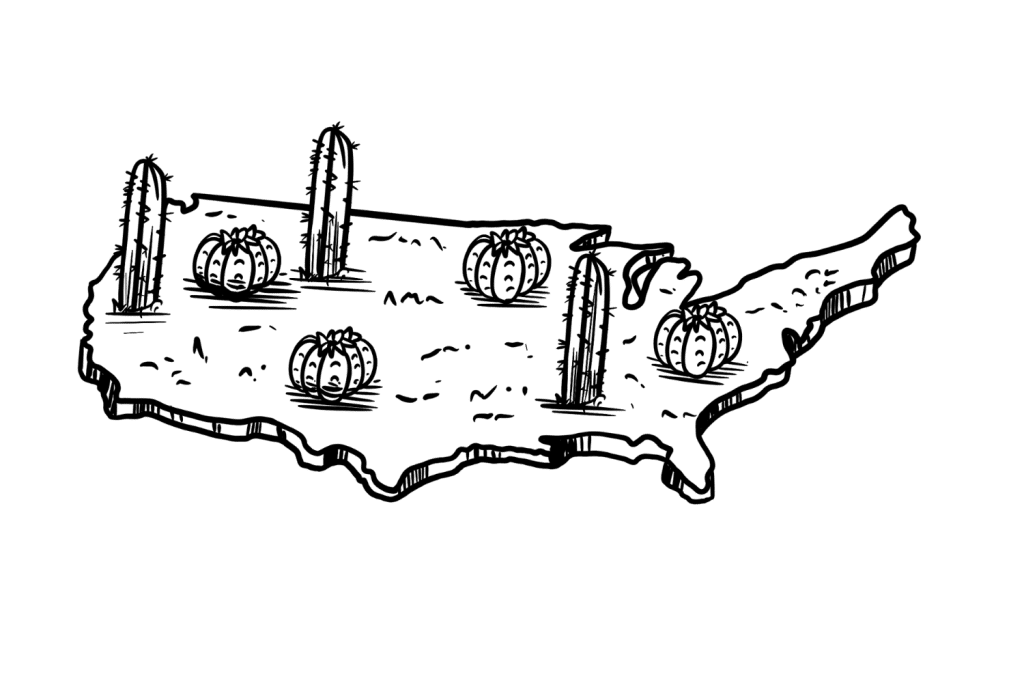
On January 25, 2019, the steering committee formed at the first meeting chose the name Decriminalize Nature Oakland. In May 2019, the group formalized its name as Decriminalize Nature and was given state approval to organize as a 501c4 social welfare organization.
Success Came Early
In February 2019, before Decriminalize Nature went national, the steering committee that Decriminalize Nature Oakland grew out of finalized a bill they began drafting in December 2018. In March 2019, DNO presented the Decriminalization of Entheogenic Plants and Fungi bill to the Oakland City Council via council member Noel Gallo.
In June 2019, just one month after Decriminalize Nature officially came to be, the Oakland City Council approved their decriminalization measure by a unanimous vote. By late December 2019, activists from all across the country had requested and received the DN starter packet from Norris, who managed the national social media campaign.
Move to Go National a Resounding Success
After the success of the Oakland legislation, Norris and Palozola began holding training workshops for community leaders. As of November 2022, there were hundreds of DN chapters all across the country.
At least 14 cities have used the DN model to successfully decriminalize entheogenic plants, including:
- San Francisco, CA
- Chicago, IL
- Grand Rapids, MI
- Portland, ME
- Cambridge, MA
- Seattle, WA
To date, more than 100 cities across the country have pending legislation — or are in the process of drafting legislation — to decriminalize psychedelics based on the DN model.
Peyote Or No Peyote: Some Local Chapters Take Issue With Key DN Positions
Initially, the national chapter of Decriminalize Nature served to facilitate and coordinate the activities of local chapters. However, as more and more local chapters were organized, a major point of contention began to arise.
A major disagreement between the national office and some local chapters of Decriminalize Nature centers is what plants should be listed among the entheogenic plants to be decriminalized or legalized.
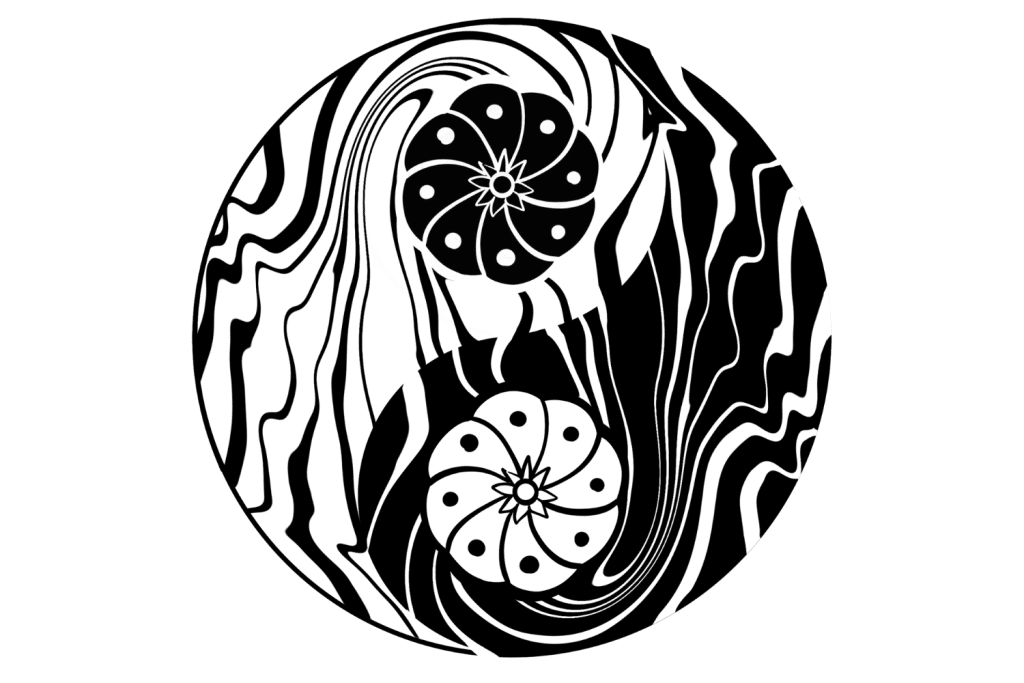
Whether or not to include peyote on the list of entheogenic plants to be decriminalized or legalized has become a sticking point for some local chapters of Decriminalize Nature. Peyote has a long history of use by Native Americans.
It is a critical part of many of their religious, spiritual, and healing services and is still used by more than half a million Native Americans in the country today.
Because of the opposition from indigenous cultures, some local chapters of Decriminalize Nature have opted to exclude peyote from their legislation to decriminalize or legalize entheogenic plants.
The Native American Church and the Navajo Nation lead the fight to preserve peyote for their religious services. According to them, the peyote cactus is already threatened by habitat destruction and poaching, and they are concerned that decriminalization efforts could worsen the situation.
Cities that have excluded peyote from their decriminalization measures include:
- Santa Cruz, CA
- Portland, OR
- Seattle, WA
Chacruna, the Institute for Psychedelic Plant Medicines, has cut ties with Decriminalize Nature over the peyote issue. Bia Labate, founder, and spokesperson, criticizes DN’s conflicts with the Native American Church and other indigenous groups over peyote.
Labate says at present, her group does not foresee a future relationship with DN. “We originally supported DN with feedback, published a few articles, with a few live interviews, supported the City Council meetings in Oakland, and spread their word, as well as invited them to our events. However, we no longer collaborate with them,” she said.
Decriminalize Nature Responds to Peyote Controversy
In response to the dissensions between DN’s national body, local DN chapters, and the indigenous community, DN released its Working Plan to Prevent Peyote Extinction. Although the plan purports “to prevent the extinction of peyote in its natural habitat and ensure its long-term survival,” it justifies DN’s decision to include peyote in its decriminalization legislation. Indigenous leaders want Peyote completely removed from all DN decriminalization legislation.
David Bronner, CEO of Dr. Bronner’s Magic Soaps, has contributed millions to drug policy reform campaigns. He is a strong advocate for removing peyote from all psychedelics decriminalization legislation.
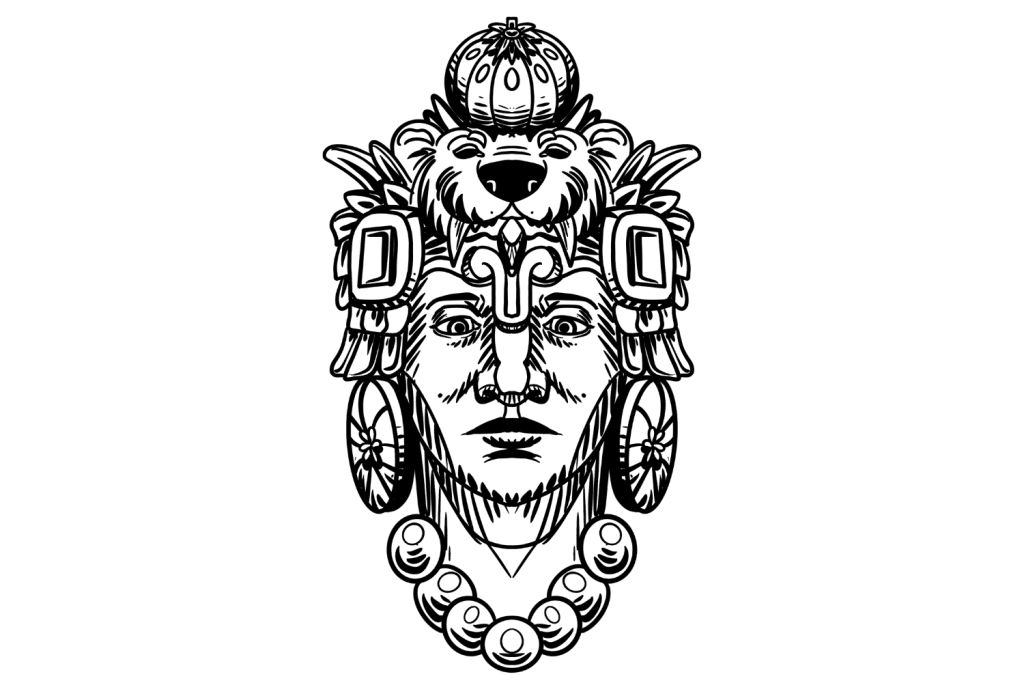
“There are other mescaline-containing cacti like San Pedro that non-Natives can use,” Bronner said. “It’s extremely disrespectful to assume that the NAC doesn’t know what they are doing in their efforts to conserve their medicine…,” he added.
However, in its plan to prevent peyote extinction, DN asserts that “decriminalization of Peyote for personal cultivation for non-indigenous (people) should occur immediately to reduce the demand for the cacti that are extracted from indigenous sources and habitats for the peyote trade.”
Official Position vs. Unofficial Position
Although the official position of Decriminalize Nature is to decriminalize “any and all plants and fungi on the Schedule I list,” Plazola says DN “will continue to advise their local chapters to keep the word “peyote” out of their resolutions and to encourage conservation,” which he says he believes will honor the wishes of the indigenous community.
Even as they advise chapters to keep the word peyote out of their resolutions, DN supports measures from chapters that do not exclude peyote from its legislation.
Possession Limits: Another Point of Contention
Another significant disagreement between the national organization and local chapters of Decriminalize Nature is whether or not decriminalization legislation should include possession limits. DN advocates no possession limits.
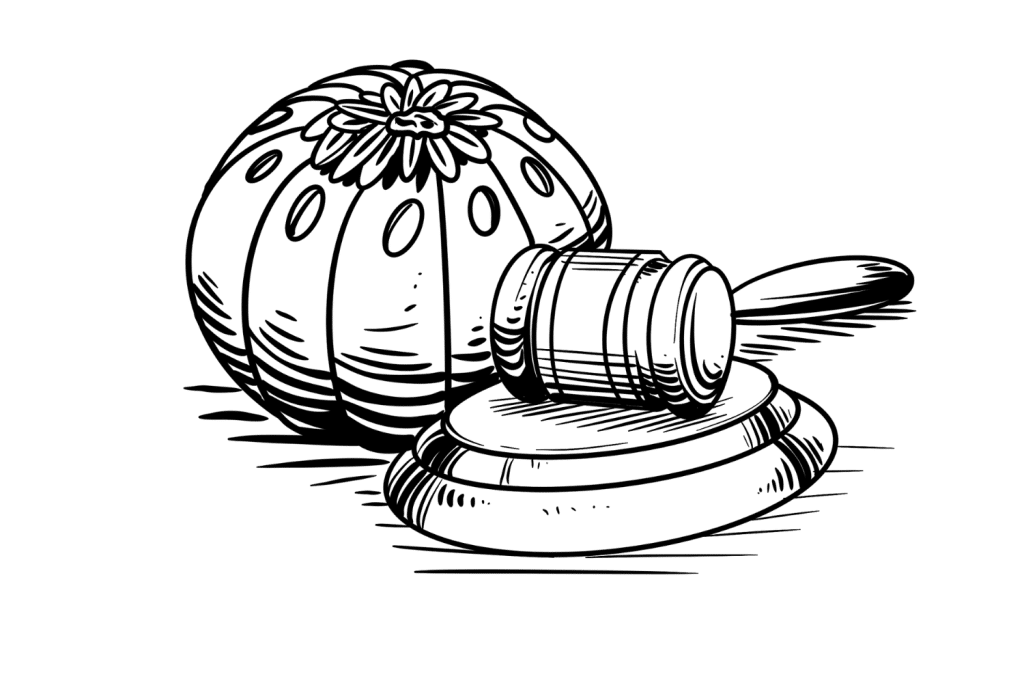
According to DN, possession limits will only serve to create a threshold for potential arrest and prosecution. However, many local chapters are convinced that possession limits are necessary to get their bills passed. Much of the legislation passed by local chapters limit possession to “small amounts” or “under 1oz.”
Co-Founder Plays Antisemite Card
Perhaps the most disturbing internal conflict distracting Decriminalize Nature from its mission is an Instagram post in August 2022 by DN Co-Founder Plazola. In the post, he allegates that advocates for keeping peyote out of decriminalization legislation are in it for the money.
Plazola’s post was blatantly antisemitic. The graphic accompanying it had a flowchart that listed several companies and organizations with Jewish owners or significant Jewish ties as perpetrators of a scheme to monetize the peyote market.

Also on the graphic were three yellow Stars of David. Written in black inside the stars were the words “Scarcity,” “Profits,” and Control.” In World War II, Jews were required to wear yellow stars with black lettering for identification. Bronner wrote a scathing response to Plazola’s post.
After receiving substantial feedback accusing DN of being antisemitic, Plazola re-posted the graphic without the stars. He also apologized in a subsequent Instagram and said he was not aware of the significance of the star.
Some Chapters, Organizations Cut Ties
As a result of the internal clashes over peyote and possession limits and what many believe was an unforgivable accusation aimed at leaders in the psychedelic reform movement who happen to be of the Jewish faith, DN has taken a hit in membership and support.
Most notable of the losses is the relationship with the organization Students for Sensible Drug Policy (SSDP). SSDP is the largest group in the world of young people committed to reforming drug policies. It has a presence on more than 300 college campuses in over 32 countries.
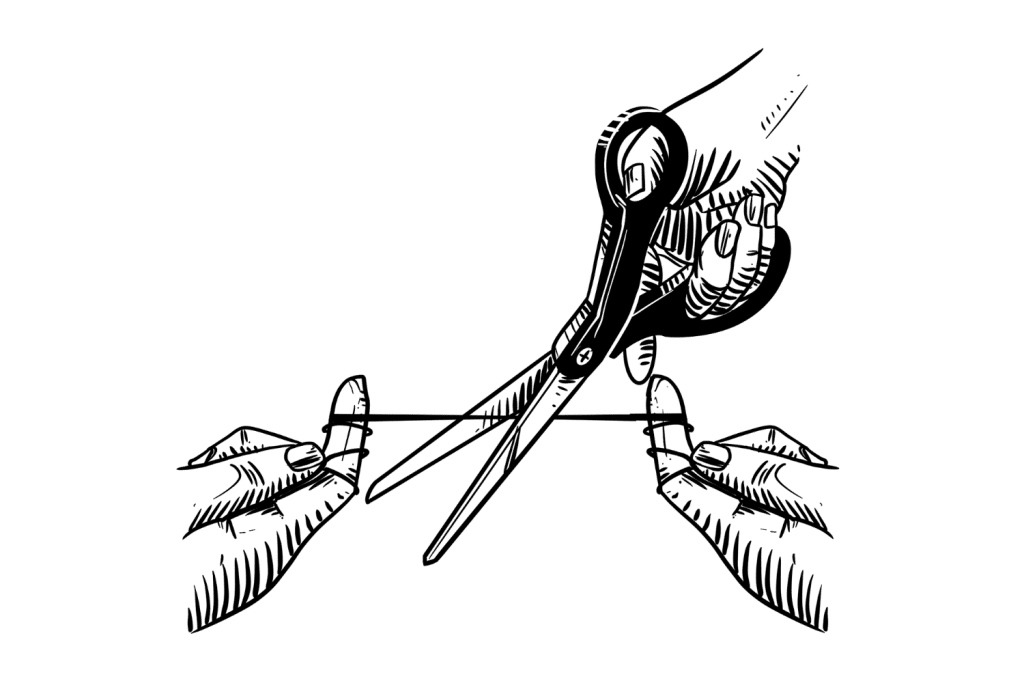
In January 2022, SSDP announced that they would partner with DN to “Create a partnership that would promote compassion and community healing based public policy.” According to Myc Williams, SSDP Board Member and Co-Director of Decriminalize Nature Michigan, “A national alliance of these two organizations is a unique opportunity to tackle the harms of the drug war from all sides.”
However, after the antisemitic post by Plazola, SSDP decided to part company with DN. On August 30, 2022, SSDP posted on its website: “Students for Sensible Drug Policy Foundation (SSDP) is disappointed by the recent antisemitic messaging coming from Decriminalize Nature’s National leadership (DN). After consideration of Decrim Nature’s actions, this type of messaging does not reflect the values of SSDP, and we have decided to end our formal partnership with Decrim Nature’s National leadership.”
Local DN chapters that have severed ties with the national office include Seattle and Tacoma, Washington, and several Massachusetts chapters, including Somerville and Cambridge. Some leaders of local chapters have broken away from the national organization and established or joined other psychedelics advocacy organizations.
Decriminalize Nature Still a Force to be Reckoned With
Notwithstanding the aforementioned distractions, it would be a near-fatal blow to the psychedelics advocacy movement if Decriminalize Nature failed as a result of differences of opinions on means toward a common end.
The distractions that DN is experiencing can also be viewed as growing pains. Its many accomplishments belie the few years it has been in existence.
Despite these “growing pains,” Decriminalize Nature has remained focused on the “big picture” and continues to be a driving force in the drug reformation legislation movement. It vows to remain true to its purpose: “To decriminalize entheogenic plants, restore our root connection to nature, and improve human health and well-being.”
References
- Davis, A. K., Barrett, F. S., May, D. G., Cosimano, M. P., Sepeda, N. D., Johnson, M. W., … & Griffiths, R. R. (2021). Effects of psilocybin-assisted therapy on major depressive disorder: a randomized clinical trial. JAMA psychiatry, 78(5), 481-489.
- Mash, D. C., Duque, L., Page, B., & Allen-Ferdinand, K. (2018). Ibogaine detoxification transitions opioid and cocaine abusers between dependence and abstinence: clinical observations and treatment outcomes. Frontiers in pharmacology, 9, 529.
- Inserra, A. (2018). Hypothesis: the psychedelic ayahuasca heals traumatic memories via a sigma 1 receptor-mediated epigenetic-mnemonic process. Frontiers in pharmacology, 9, 330.
- Dinis-Oliveira, R. J., Pereira, C. L., & da Silva, D. D. (2019). Pharmacokinetic and pharmacodynamic aspects of peyote and mescaline: clinical and forensic repercussions. Current molecular pharmacology, 12(3), 184.

